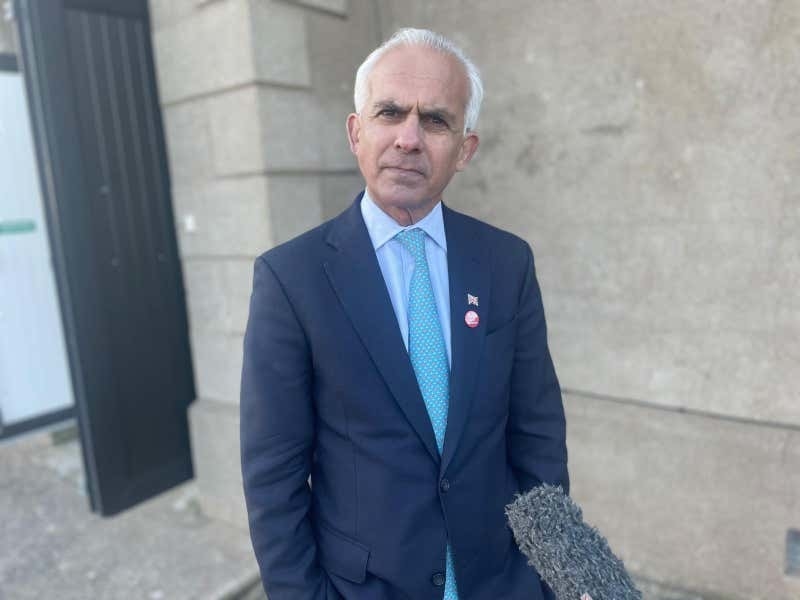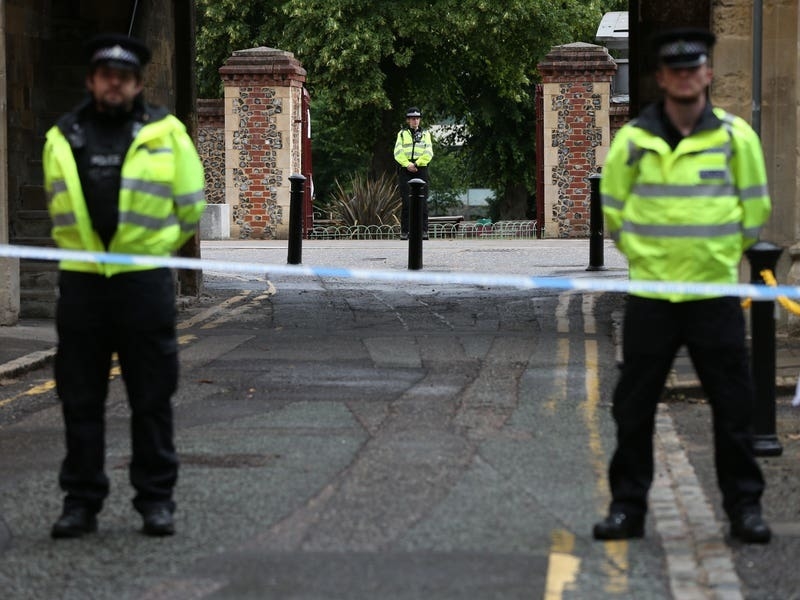The Government “simply won’t know” how many people have been turned away from polling stations on Thursday because they lack ID, a senior MP has said.
Voters at Thursday’s local elections will for the first time be required to present photo ID before casting their ballots.
But amid fears that the requirement could lead to many people being unable to vote, Labour MP Clive Betts has said that current plans will not allow the Government to find out exactly how many people have been turned away.
Mr Betts, who chairs the Commons Levelling Up, Housing and Communities Committee, spoke after receiving a letter from the Electoral Commission that said data from greeters standing outside polling stations would not allow it to “accurately quantify the wider impact of the policy”.
He said: “The Electoral Commission has confirmed that we simply won’t know how many people will have been turned away in a queue outside a polling station because they do not have the requisite ID.
The Electoral Commission intends to record the number of people who are refused a ballot paper by polling station staff because they lack ID, but not if they are turned away after speaking to the greeters that some local authorities plan to deploy outside polling stations.
In a letter to Mr Betts, Electoral Commission chairman John Pullinger said using data from greeters would be “inherently unreliable” as some people may turn around before speaking to anyone and others may not be recognised if they later return with the correct ID.
Instead, the Electoral Commission will carry out opinion polling to gain “evidence on the fullest impact of the ID requirement”.
Polling after voter ID pilot programmes found 2% of non-voters did not cast a ballot because of the ID requirement.
Mr Betts said: “We are barely days away from voters going to the polls.
“The Electoral Commission should spell out what other arrangements they can make, at this late stage, to record all the individuals without appropriate voter ID that may be turned away, at any point, on May 4.”
Critics of the voter ID policy have said it could result in large numbers of people being unable to vote, with about two million UK voters thought not to possess the correct form of ID, while fewer than 100,000 have applied for a certificate that would allow them to vote.
Rebecca Baker, an academic at the University of Exeter and an expert in democratic decline, said: “It is apparent that not enough voters are aware of the change or have sufficient access to trusted information to feel secure in the options available in relation to gaining the required ID.
“The Government has recognised this knowledge would be vital, and without it, the risk of this rollout impeding the voting process rather than ‘safeguarding’ it, is high.”
On April 27, levelling up minister Rachel Maclean told the Commons the policy was necessary for “maintaining the British public’s trust in the sanctity of the ballot box” and the Government was “very concerned to get the process of data collection right”.
Ms Maclean said data would be collected at polling stations and through a “voter identification evaluation form”.






